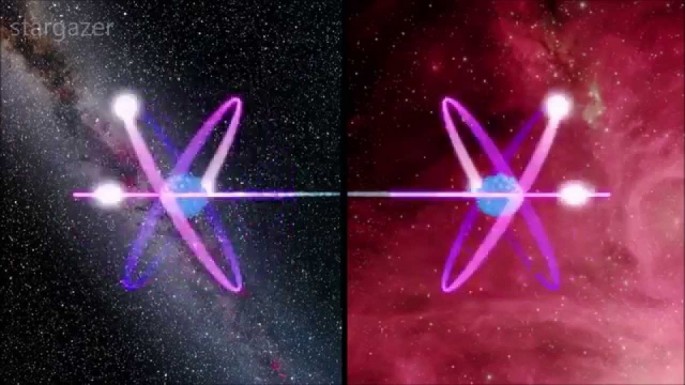In a groundbreaking new research, scientists have set a new record for quantum entanglement by making two electrons entangled at a distance of 2 kilometers.
The feat was accomplished by using photons to transmit the quantum state of each electron, causing both electrons to be entangled, the Stanford University News portal reported. The new research, which was published in the journal Nature Nanotechnology, builds upon previous work on the method that were able to entangle particles at a distance of several meters.
Entanglement is a phenomenon where two particles become connected to each other such that any change that occurs in one also happens in another, even over long distances. Renowned physicist Albert Einstein is said to have referred to the phenomenon as "spooky action at a distance."
In traditional experiments on the phenomenon, the two particles are created together and are then separated after entanglement. However, in the new method, two electrons that have not previously interacted with each other were entangled from a distance. The researchers achieved this by first having each electron interact with photons in a process called quantum correlation. These photons are then sent down optical fibers to interact with each other, serving as a link between the two electrons.
According to lead researcher Leo Yu, his team had to overcome certain challenges. He explained that photons do not normally interact with each other; hence they had to find a way for these to do so. They accomplished this by using a method known as two-photon interference.
Yu added that they had another issue to overcome in that two-photon interference requires that the two photons have the same characteristics, such as wavelength. However, photons coming from two different sources often are different from each other. To solve this, the scientists first passed the photons through a so-called "quantum down-converter" to match their wavelengths to each other.
The study is expected to contribute to ongoing research on quantum computing. According to IFLScience.com, the ability to create long-distance entanglement pairs will allow computers to send data that cannot be hacked or tampered, which is important for security and military applications.



























